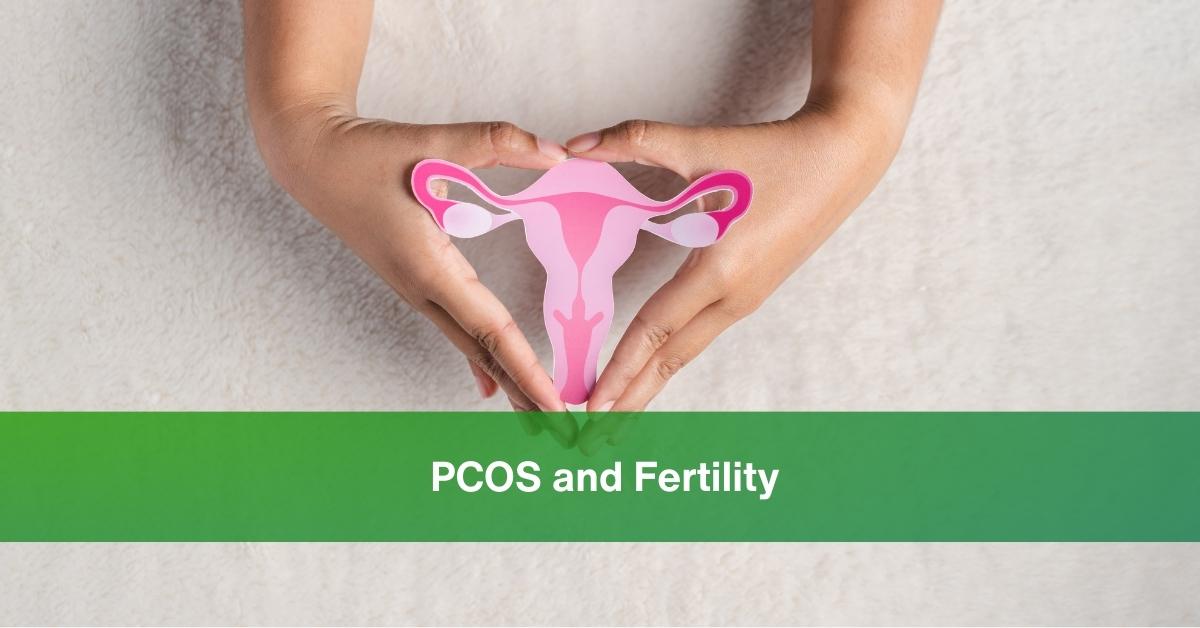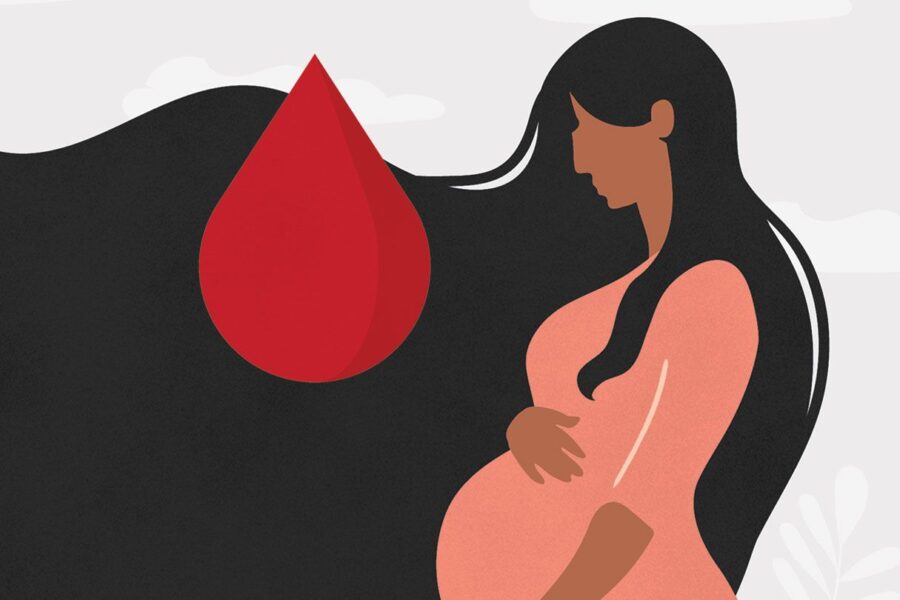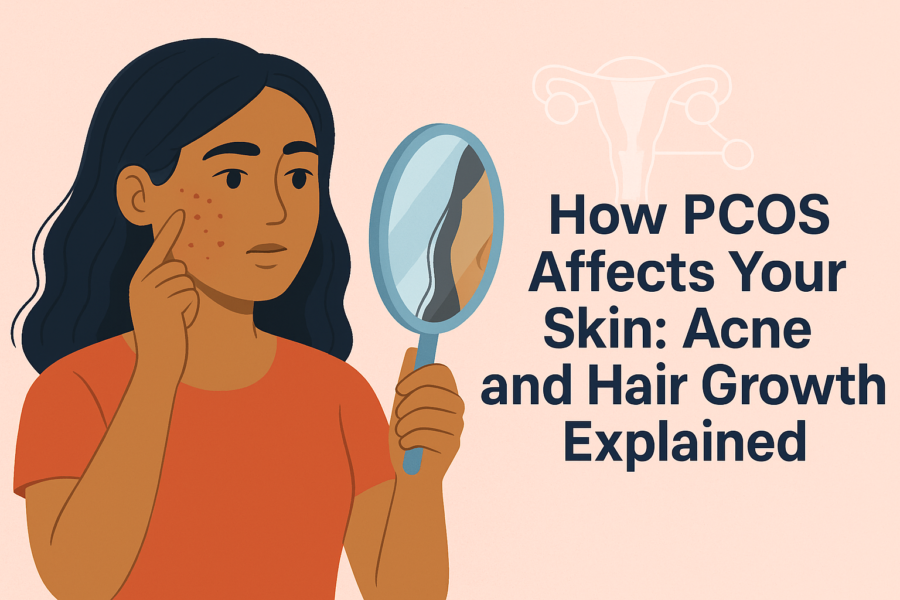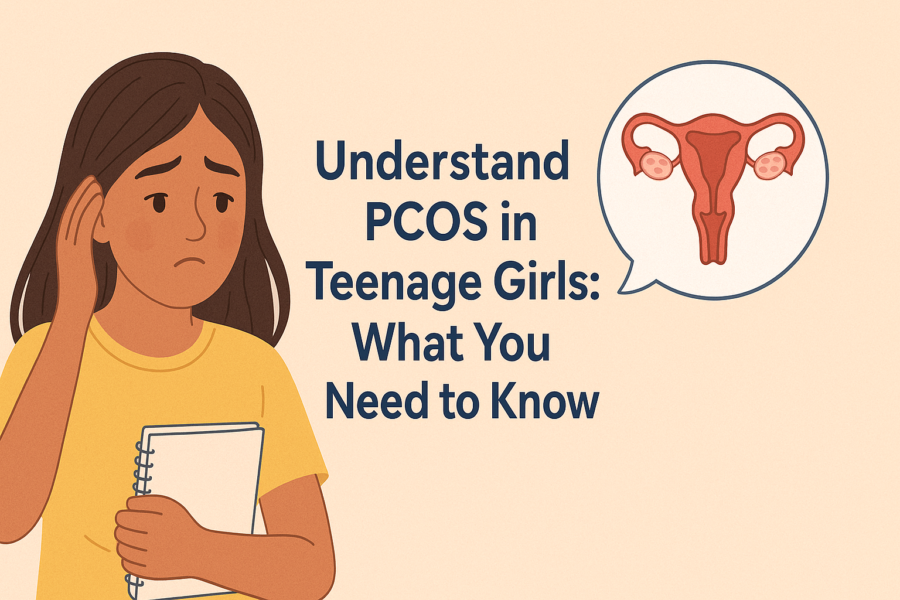PCOS is a hormonal disorder that affects women of reproductive age. It is characterized by the presence of multiple small cysts in the ovaries, irregular or absent periods, and excess androgen (male hormone) levels. PCOS can make it difficult for women to get pregnant, but it is not impossible.
How PCOS affects fertility
PCOS can affect fertility in a number of ways:
- Ovulation: Women with PCOS may not ovulate regularly, or they may not ovulate at all. This is because the high levels of androgens can interfere with the normal ovulation process.
- Egg quality: The eggs produced by women with PCOS may not be of good quality, which can make it difficult for them to be fertilized.
- Insulin resistance: Women with PCOS are often insulin resistant, which means that their bodies do not use insulin effectively. Insulin resistance can lead to weight gain, which can further worsen PCOS symptoms and make it more difficult to get pregnant.
Despite these challenges, many women with PCOS are able to get pregnant with the help of fertility treatments.
Fertility treatment options for women with PCOS
There are a number of fertility treatment options available for women with PCOS, including:
- Ovulation induction: This type of medication helps to stimulate ovulation.
- Clomiphene citrate (Clomid): This is the most commonly used drug for ovulation induction in women with PCOS.
- Letrozole (Femara): This is another drug that can be used to induce ovulation.
- Gonadotropins: These are hormones that can be used to stimulate the ovaries to produce eggs.
- In vitro fertilization (IVF): This is a type of fertility treatment that involves removing eggs from the ovaries, fertilizing them with sperm in a laboratory, and then implanting the fertilized eggs back into the uterus.
Lifestyle changes that can improve fertility in women with PCOS –
In addition to fertility treatments, there are a number of lifestyle changes that women with PCOS can make to improve their chances of getting pregnant, such as:
- Losing weight: Even losing a small amount of weight can improve insulin resistance and ovulation.
- Eating a healthy diet: Eating a healthy diet can help to regulate blood sugar levels and improve ovulation.
- Exercising regularly: Exercise can help to improve insulin resistance and overall health.
- Managing stress: Stress can worsen PCOS symptoms, so it is important to find healthy ways to manage stress.
If you are concerned about your fertility, it is important to talk to your doctor. They can help you determine the best course of treatment for you.





